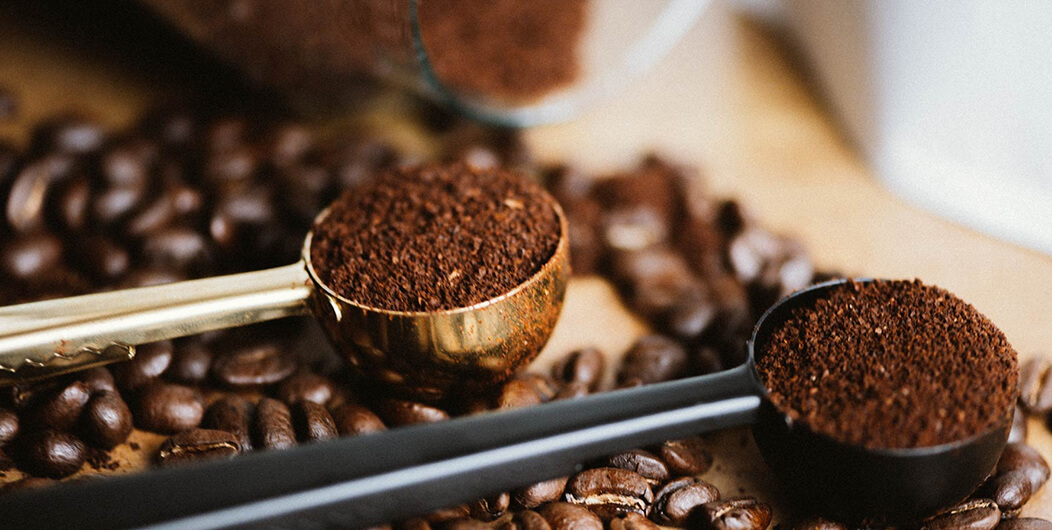
The history of Ceylon Coffee is even longer than that of Ceylon Tea, a global household name today. The dawn of the Ceylon Coffee era befell circa 1780. It’s the Dutch who started planting coffee as a commercial crop, and then the British took it over from them. The planters drew tremendous support from the colonial government and continued to expand the plantation of coffee. It was a promising venture until the unforeseen disaster of the coffee rust struck them and brought the coffee era to an abrupt end.
Even if some farmers continued to grow coffee, over the next four decades, the extent of land under coffee cultivation shrank so much that from the peak of 275,000 acres in 1870 it fell to a measly 11,392 acres by the 1900s. Ceylon tea took its place, by and large. But the cultivation of coffee would continue on a much smaller scale now, though.
The interest in Ceylon coffee was rekindled circa the mid-1990s. Over the past decade or so, Sri Lanka’s coffee culture has caught on, especially in Colombo and in other major cities. Coffee shops and coffee corners have sprung up in Colombo and other major cities, where people seek to savour multiple coffee flavours and take comfort in coffee chats, leading to an increase in production by Ceylon Coffee manufacturers.
Consequently, Sri Lanka’s coffee exports have increased in recent years, recording a massive growth of 84.2% from USD 192,198 in 2017 to reach nearly USD 354, 125 by 2019 according to the statistics we, at EDB, have collected.
Sri Lanka’s highland terroir gives a distinct flavour profile to Ceylon Coffee with remarkably unique notes and complex characteristics. Even roughly within the same terroir, subtle variations in the climate and soils and elevation produce subtle variations in the flavour of Ceylon Coffee. For example, the coffee grown in the regions of Bandarawela tends to have notes of honey and fruity characteristics, while the coffee grown in Kotmale tends to have more citrus and floral notes.
The renaissance Ceylon Coffee is the fruit of impassioned endeavours made by several entrepreneurs who are, unsurprisingly, coffee aficionados into the bargain. At the moment, their single-minded focus is on quality rather than quantity because that’s what single-origin premium speciality coffee is about.
So, this speciality coffee wave in Sri Lanka is characterised by roasting and serving coffee as an artisanal product, crafted by individuals mindful of the provenance as well as environmental and social sustainability
The benefit of whole bean coffee compared to pre-ground coffee is having the freshest cup possible every time if properly stored. The four main coffee types are Arabica, Robusta, Excelsa, and Liberica and all four of them boast distinct taste profiles. In Sri Lanka, Arabica and Robusta coffees are cultivated in the main, that’s, on a commercially important scale. Thus, it’s Arabica coffee beans and Robusta coffee beans that you can source from Sri Lanka.
Of these, Arabica coffee beans are considered higher quality beans and produce a velvety smooth coffee with faint notes of almond. Compared to the Arabica beans, Robusta beans have double the amount of caffeine in the former, which makes them an excellent choice for a real boost with a harsher flavour. The Robusta beans also have a smooth texture with a slight note of chocolate to them, which renders them a perfect coffee to take with milk and sugar (perhaps even as an iced coffee). Whole bean coffee is exported from Sri Lanka both as raw beans and artisan roast beans.
In addition to whole bean coffee, Sri Lanka also exports pre-ground coffee from both Arabica and Robusta varieties. Pre-ground roast coffee from Sri Lanka boasts distinct flavour profiles including hints of dark chocolate and marzipan and citrus notes
Instant coffee, also called soluble coffee, is made from coffee beans that have been roasted and ground. The ground beans are then extracted with hot water to recover the coffee flavour and aroma. Instant coffee is produced through two main methods called spray-drying and freeze-drying.
Sri Lankan food & beverage sector covers a wide range of products including processed vegetables, fruits, concentrates and juices, semi-cooked food, confectionery, bakery products, ready-to-serve food and beverages, animal feed and preparations of cereals
Info
Directory
eMARKETPLACE
Dehydrated Foods
Directory
eMARKETPLACE
Processed Vegetables, Fruits & Juices
Directory
eMARKETPLACE
Processed Food
Directory
eMARKETPLACE
Rice, Cereals, Oil Seed and its Products
Directory
eMARKETPLACE
Coffee
Directory
eMARKETPLACE
Beverages
Directory
eMARKETPLACE
Animal Feed
Directory
eMARKETPLACE
Meats
Directory
eMARKETPLACE